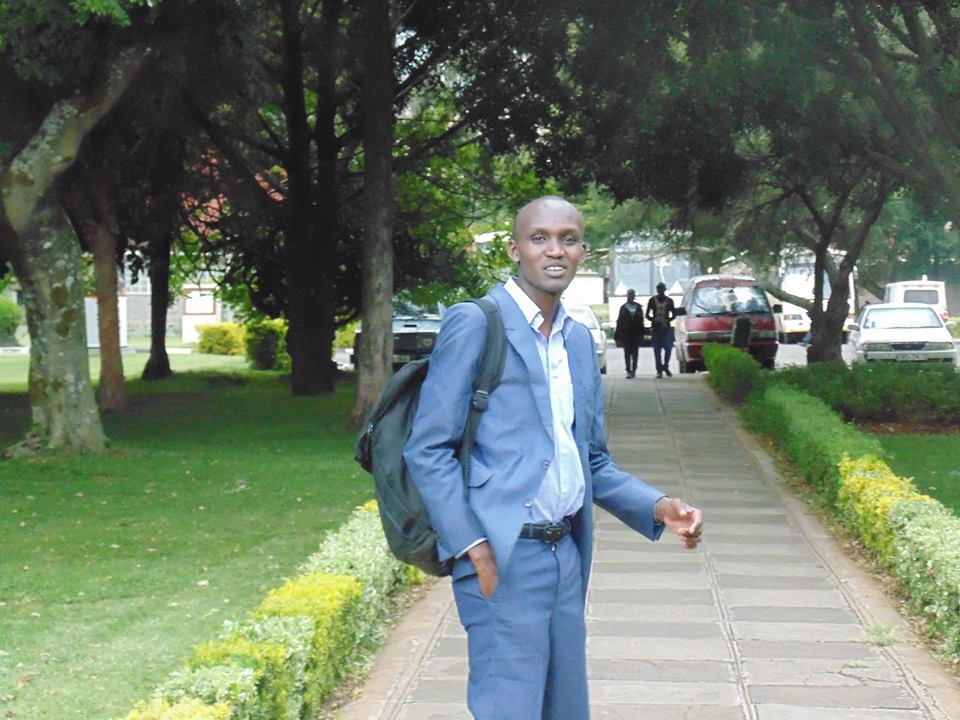Over the past fortnight I have had the opportunity to interact with some incredible young Africans. Young Africans who have lived the continent, lived all its travails, young Africans who have read their motherland’s history, who have been disappointed many a time but young Africans who have not lost hope in redeeming Africa’s legacy. I have been in contact with young Africans who are not resigned to fate, damnation, pre-destination, young Africans who share the belief that the future of and destiny of the African continent is in their very hands.
Ladies and gentlemen I am talking about Africanliberty.org’s Students and Young Professionals African Liberty Academy synonymously known as SYPALA at Kabarak University. There is a generation of young Africans who are not only ready to question the status quo and conventional wisdom, but are also ready to begin to question conventional history as well especially with regards to the ingrained fallacies of pre-colonial African Economic organization.
Over long periods of time, the written word on African history has always fronted the notion that, processes like democracy and free and unhindered trade were as alien as could be alien in the African pre-colonial context as could be. No statement would be further from the truth than the aforementioned statement. Trade was vibrant and fluid between both individuals and communities, the only barriers to trade during those days were unforgiving features of geography and not creations of man himself like governments, boarders and taxes.
African communities in the past also had systems of governance that are akin to modern western systems. Despots and statecraft on the continent use the statement that democracy in Africa is ‘alien,’ to justify tyranny and a plethora of human rights abuses and constrictions of freedom. My community had chiefs and ‘councils of elders’ whom I like comparing to the House of Lords in the United Kingdom, a judicial system and a mechanism of keeping law and order as well. Life was not brutish, short and ugly as conventional history proffers in the African continent. People had trades and professions and professions which they lived by, and they were often named for them. In my community any man by the name ‘Ngatia’ was most likely an iron-worker for example.
Young people today on the African continent are beginning to sift through Africa’s documented history, in an effort to unearth the parts that were selectively left out. This is important, it satiates the soul when one discovers that the continent has not always been doom and gloom, this inspires innovation young men and women to do something about situations today. It leads today’s youth to; clamour for better governance, to seek an end to kleptocracy, rent seeking and cronyism, to apply their faculties and ingenuity to common day problems on the continent.
The realization that the tools with which Africa can rise on a clean slate of; freedom, peace and prosperity are within reach for today’s young Africans is pretty pronounced. I have visited a technology incubation hub in the last week and the proliferation of marvellous ideas coming from these places is astounding, a group of young Kenyans have started a platform for leasing and hiring items online called kuhire.com another group have started a social innovations hub by the name Pawa 254 where every day societal problems are discussed and solutions sought.
I also made a fleeting pass through the World Youth Alliance conference at Strathmore University in Nairobi where young delegates had inspiring and vibrant ideas. One delegate was of the opinion that today’s youth shouldn’t clamour more for jobs much as create value in whatever they do, because as he put it ‘value draws resources’.
Africa has a youthful promise, the youth in Africa have come to the realization that it is of no use to groan and moan over bleak situations that it is much important to work hard and apply ‘self’ to finding solutions rather than keep complaining. African youth are not tomorrow’s leaders they are today’s leaders. They lead innovation, debates and calls for peace building. They are doing worthwhile things like keeping the spread of HIV/AIDs at bay. They are protesting amoral and abhorrent national resource use and corruption. Much more important is that they are leading this continent into the future, the love Africa and willing to protect the ‘bud of the African prosperity till it blossoms’.
Alex Njeru works with the East African Policy Centre and writes in from Kenya



